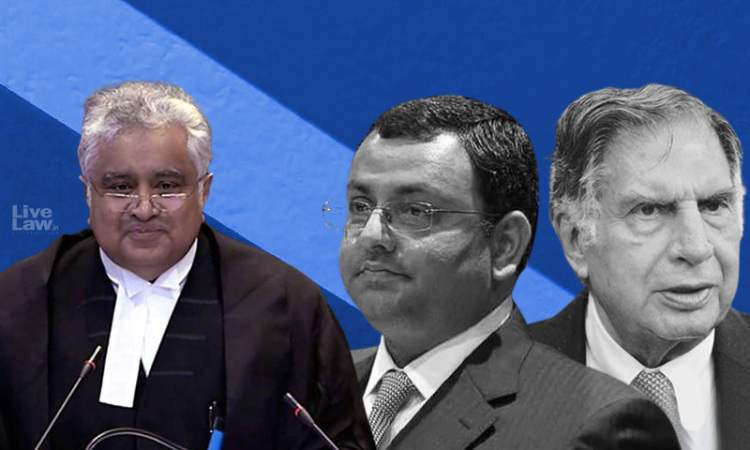Tata Sons v Cyrus Mistry : NCLAT Has No Power To Appoint Chairman, Submits Salve
Mehal Jain
8 Dec 2020 9:00 PM IST

The court-room exchange of the first day of arguments in Tata Sons v Cyrus Mistry case in Supreme Court.
Next Story
8 Dec 2020 9:00 PM IST
